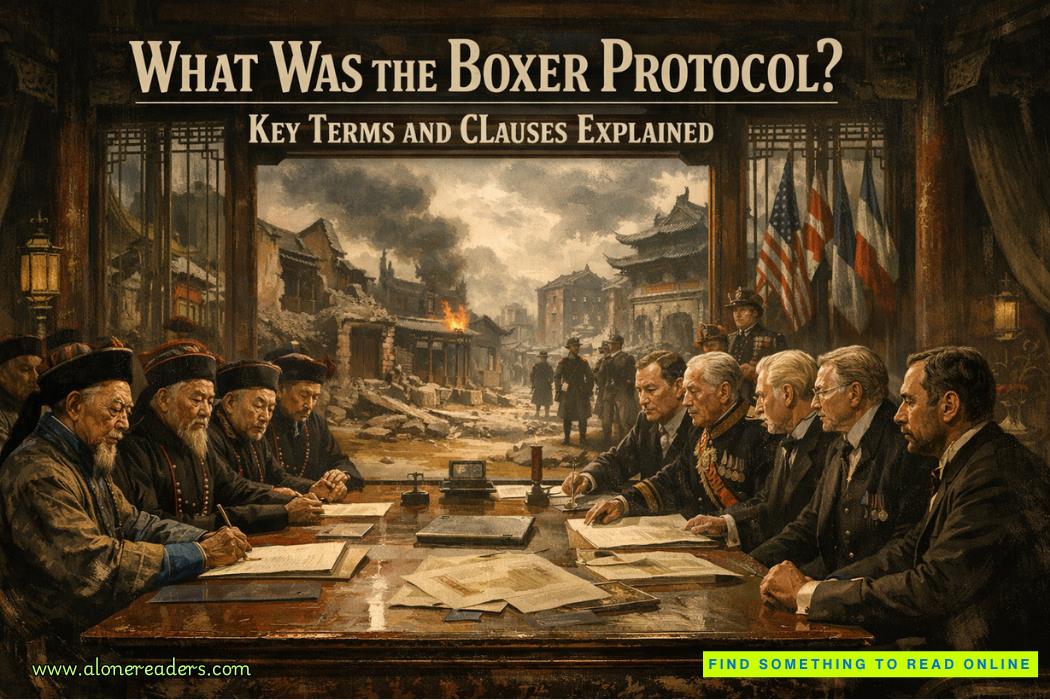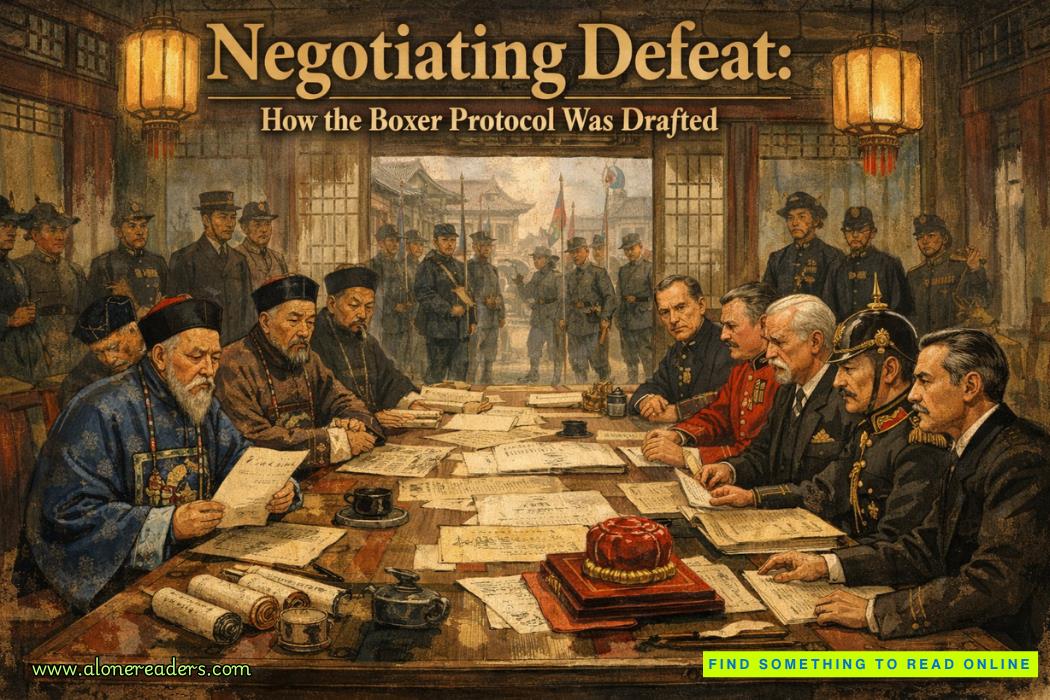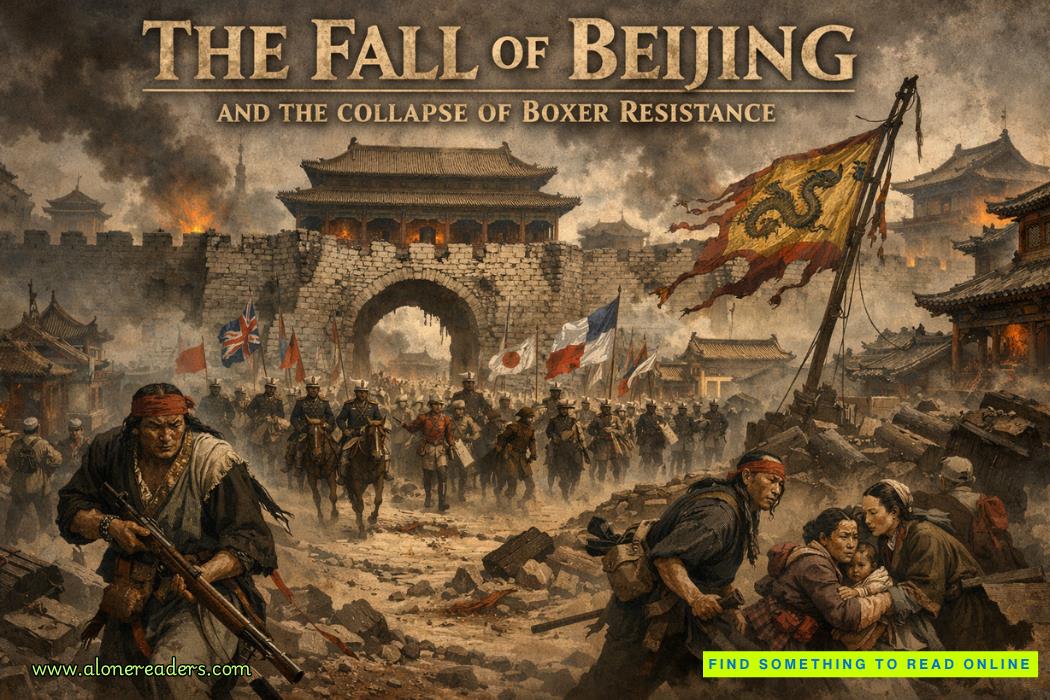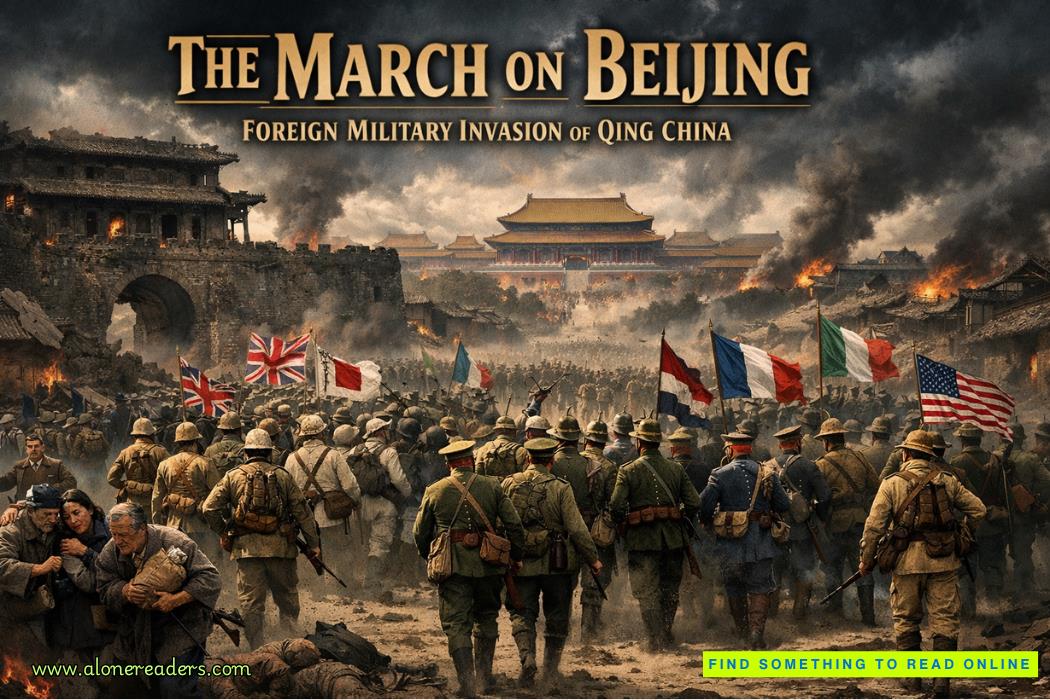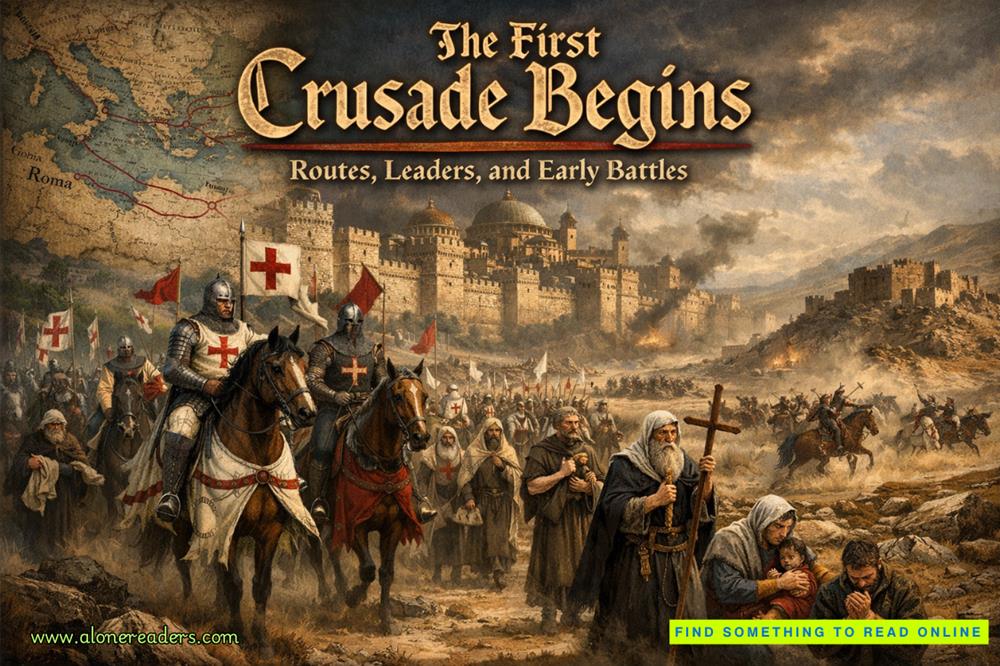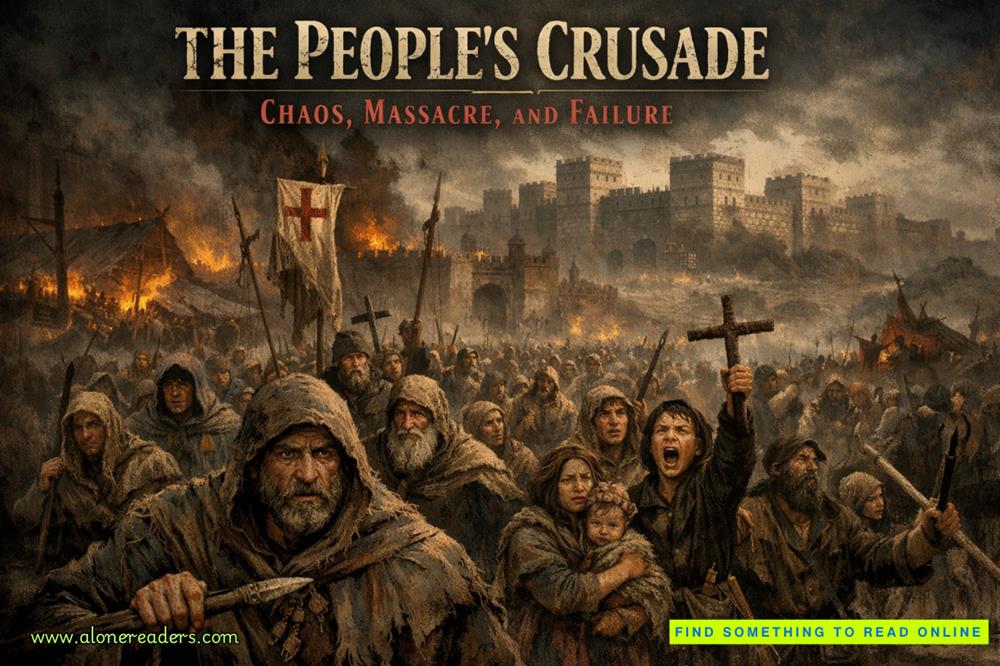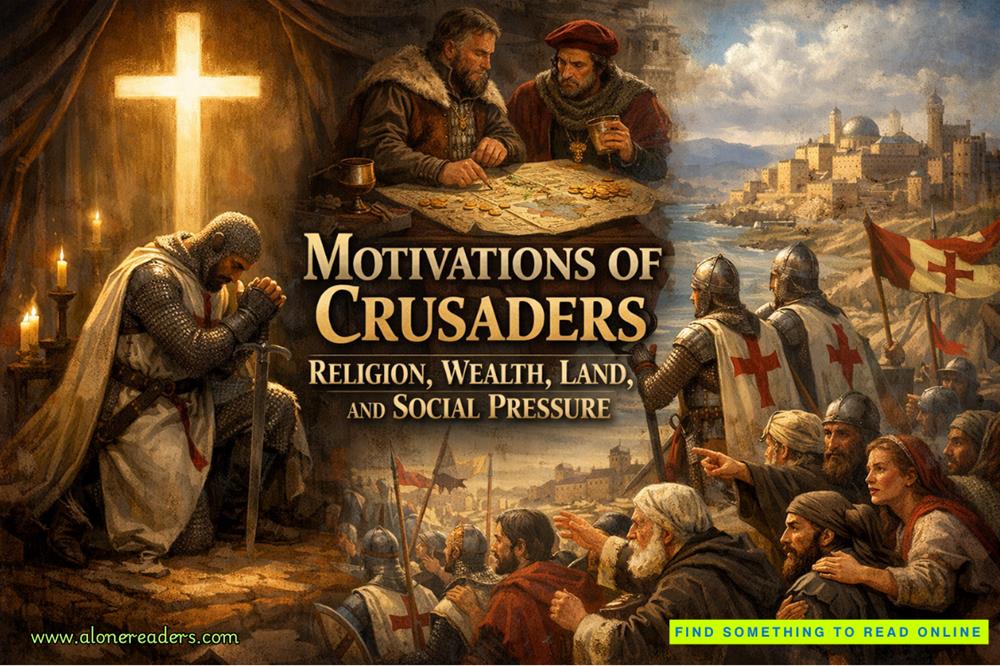“No clue. But the takeaway I got from Remi, when she was telling us about getting mobbed in the London crowd, was the importance of being prepared for an unwarranted attack. Granted, she also said to be careful because the lanyard could be used as a garrote to choke us out.”
“Dying for one’s art?” Doli slid the lanyard over her head. “I don’t know if I’m down with that.”
Doli was the kind of videographer who stood in the middle of the street to get a clear view of the bomb blasting and building disintegration that happened close enough to leave first-degree burns on her skin, so Auralia heard her comment as sarcasm. “It has a quick release, so chances are low your tombstone will read dead because of her cell phone.”
Doli retrieved her camera that she’d held clamped between her thighs. “How much action are we talking about here?”
“Considerably less than when we were in Sudan last week.” Auralia swiveled her head to take in the atmosphere. “Sleepy, bucolic Northwest Virginia, what could happen here other thanus finding a diner and sitting down to a tall glass of sweet tea and a generous slice of pecan pie when we’re done?”
Doli furrowed her brow. “Pick-ahn is how you say it?”
“Yes, why? How do you say it?”
“Pee-kahn.” One-handed, Doli pulled her stick-straight black hair, reaching behind her head to lift the length of her braid over the loop of the lanyard, and Auralia reached out to help. “But here, I’ve heard people say pee-can.”
Auralia laughed. “Like, ‘The toilet isn’t working, use the pee can’?”
“Don’t turn your nose up like you don’t know how valuable a pee-can can be.” Doli lifted her brows for emphasis. “I bring you back to last month in Sudan.”
“I love a good pee-can,” Auralia said. “Very grateful in bad circumstances that conditions don’t get even worse for lack of pee-can. But I don’t know if I can eat the pie anymore. You’ve ruined it for me. The pie and finding relief during the Sudan bombings are now tied in my imagination evermore.” Auralia wrinkled her nose. “Thanks for that.”
“Such a butterfly girl. Don’t let your wings bruise so easily.” Doli lifted her video camera to her eye. “Let’s record a few intros. The clouds keep moving around, and I need to compensate for the shadows.”
Despite being in their mid-twenties, Auralia and Doli had been teamed up on journalistic assignments that had sent them to locations where only seasoned report teams were traditionally assigned—into the lawless places where humanity was exploitative and indifferent to suffering.
The two had borne witness to atrocities so that the world would know what was happening.
If the world knew, Auralia told herself, maybe actions would be taken to protect the vulnerable.
Everyone, she reasoned, had their way of helping. For some, it was making a pot of soup for a sick neighbor. For some, like her uncles, it was a night of toe-tapping zydeco that lifted spirits. For her brother, Gator, it meant carrying a weapon into the fray alongside his fellow Marine Raiders.
For Auralia, it was her work credo: Don’t look away.
It was easy to look away. To shut the door. To turn on something booming and distracting that drowned out thought.
She had to be louder in her efforts to protect the innocent.
And that was what she and Doli were up to today.
Today was absolutely about exploitative atrocities, just not the kind wreaked by the swing of a machete or the pull of a trigger. This came from an evil person who abused humans’ best impulses.
And Auralia meant to stop it.
Auralia grew up in the Bayou, ankle-deep in the ancient magic that infused the land. And she knew that light was defined by its juxtaposition with dark; that sinners and saints breathed the same air.
Some said that the good angel sat on one shoulder and the devil sat on the other, both whispering into the same person’s ear.
Who would they listen to?
Sadly, they had listened to one Wesley Price. And Wesley Price and his golden forked tongue had been doing the devil’s work.
Today, Auralia’s reporting would expose the fact that compassionate citizens had been bamboozled. And she couldn’t help but think her big reveal would leave kindhearted people feeling cynical and jaded.
It might have devastating implications for many charities that did a world of good.
There was a lot to be said for the ethical training she got at university. But theory was a hard way to professionally conduct oneself when things weren’t black and white, when good people were going to be hurt, when her actions, based on honorable intentions, produced unintended consequences.
Who said there were only fifty shades of gray?




